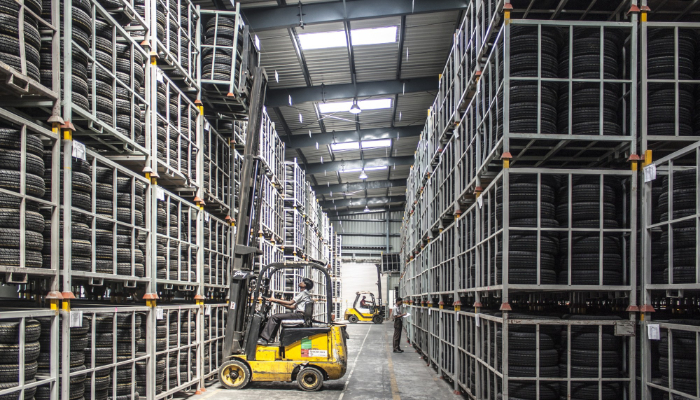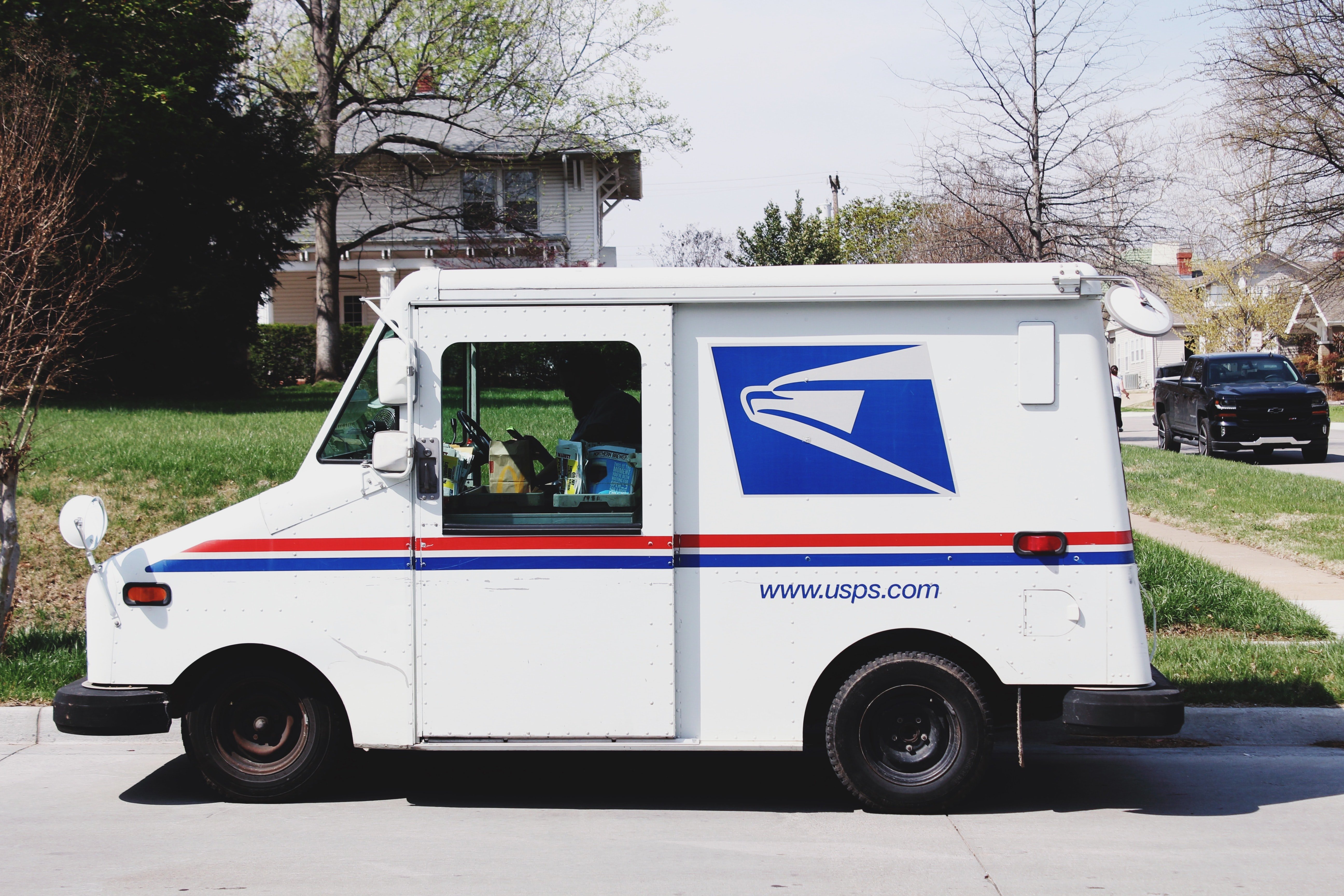
6 Common Ecommerce Shipping Inefficiencies to Avoid
With 10,000 shipping containers lost at sea every year, a container with your packages could easily be one of them. However, rather than worrying about these kinds of freak accidents, make sure that you're worried about the ecommerce elements that you could control for. Inefficiencies in your shipping process should be eliminated and controlled for whenever possible.
Here are six problems that many ecommerce shops deal with.
1. Bad Packaging
When freight is improperly packaged, it's more likely to incur damage during shipping. This leads to all kinds of inefficiencies.
First, you lose the trust of the customer. They'll think that you don't know how to package your items and not buy from you again. Even if you send them a replacement, it might not be enough.
Carriers are now declining a lot of claims because of the fact of improper packaging. They won't cover the cost that irresponsible merchants try to put on their shoulders.
Instead of wasting money trying to attract customers that you lose through this inefficiency, take the time to consult with packaging professionals. It might seem like an unnecessary step but it can save you in a big way.
2. Inaccurate Shipping Weights
Shipping weights that are poorly calculated could be costing you just pennies per shipment but add them up and you could be losing a lot of money daily. Equipment that's not able to handle what you weight with it is going to lead to inaccurate weights. Don't use a consumer scale when you should be using a commercial one.
Carriers have scales at their terminals to re-weigh shipments. They'll add money to your bill if your estimate is wrong. That reweighing fee could start digging at your overhead.
Invest in a proper scale rather than taking the risk of having your cargo be slowed down, re-weighed, and more costly than it needs to be.
3. Choose The Right Freight Class
If your shipments aren't registered in the right freight class, you could be paying more than you need to. Shipping in the lowest class possible might make sense because lower classes cost less but if you're not supposed to be in that class, it could be costly.
Freight companies are always too happy to help re-classify you, but it will cost you. They'll charge you a re-classification fee when they have to move your freight up to another class.
That time and energy that they spend aren't going to come to you as a gift or a favor. When you make them do extra work, they're all too happy to bill you for it along the way.
4. Using the Right Services
When choosing who will be delivering your materials, you need to make sure you use the right carrier. If you're selling a diverse range of items, it's important to use the right kind of service for the right freight.
While going with one carrier for everything might simplify things on the surface, it's going to cost you more. having multiple carriers is an option that few companies explore. However, it's actually more cost-effective and usually more efficient if you match your carriers with what you need them to ship.
Finding which carrier fits which package best can ensure that every product gets out as fast and safely as possible. Matching products to carriers ensures that your small packages don't get destroyed by large carriers and your large packages don't take forever with small carriers.
The added benefit of diversifying is that you're prepared if anything goes wrong with one carrier. A strike, a weather pattern, or any number of unpredictable issues could make life miserable when you're stuck with one carrier. instead of having your freight all pile up while you wait for your carrier to figure their issues out, you can go ahead and get shipments out with another one.
This is nothing more than a case of finding the right tool for the job.
5. Get Confirmation
You should be able to get confirmation from whatever carrier that you use. If you can't get help tracking each package, you're not working with a partner committed to helping you build your business.
You should be made aware of every move of your packages, or at least have access to every move. If damage occurs, you should be able to see exactly when and where it happened.
Your delivery service should also do a check of every major piece of freight they move for you. If you're selling smaller items, you should get insurance to cover the items you're trusting them with. Even if they're small, low-value items, your carrier should value your business enough to keep track of things.
6. Verified Addresses
One of the most frequent problems that ecommerce shops have has to do with the addresses that they send things to. While it seems like one of the most elementary issues, it comes up time and time again.
Shippers who don't take the time to double-check the destinations that they ship to are more likely to make mistakes. Your packages can end up places where they don't belong, wasting your time and money. It will also irritate your customers to no end as they wait for a package that never comes.
Inefficiencies in Ecommerce Shouldn't Stop You
When inefficiencies in your ecommerce sales get in the way, it harms your bottom line in multiple ways. People who have been burned by your company in the past aren't likely to forget anytime soon and will be sure to tell their friends.
For ways that the best shippers are integrating services, check out what we're doing.







.svg)